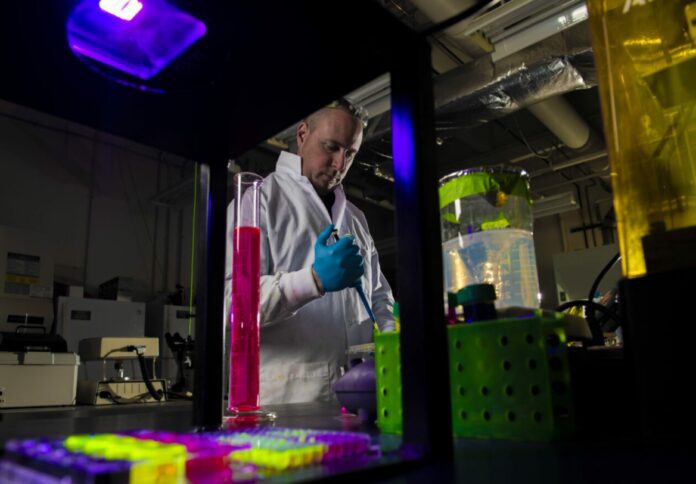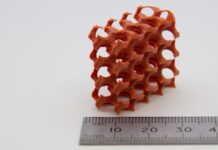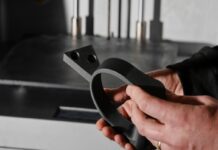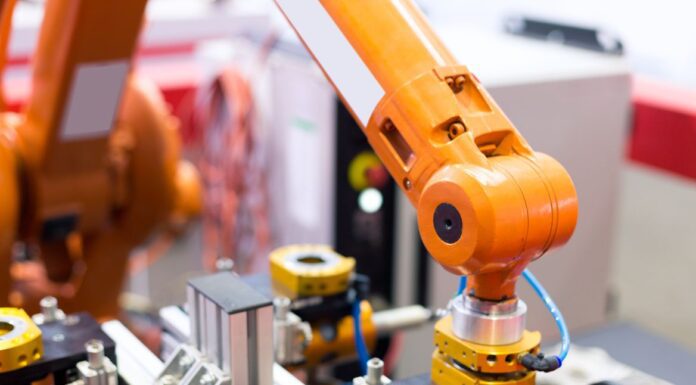
A group of scientists from the Missouri University of Science and Technology is leading research focused on a method for 3D printing nanoparticles to create human tissue.
Dr Anthony Convertine, the Roberta and G. Robert Couch Assistant Professor of Materials Science and Engineering at S&T, said researchers have created a new type of nanomaterial, which is synthesised directly in water without the need for toxic organic solvents.
Convertine said the technology is designed to make 3D printing faster, easier and more accurate, the university revealed in a news release.
He also said current methods are expensive and can only allow for small amounts of tissue to be printed.
“This process should open a world of possibilities, and Missouri S&T will continue to be a leader in the biomedical engineering arena,” the assistant professor said.
According to him, the “novel materials” are perfect for 3D printing cells with bio-inks since they quickly harden when exposed to light.
“This process is much faster and simpler than existing bio-ink formulations and more environmentally friendly as well,” Convertine explained.
In particular, the tissues and capillaries will both be printed in distinct planes using Convertine’s technique.
The tissues that have formed – known as tissue pixels – can then be put together to create progressively larger samples, according to the researcher.
Some of the more immediate applications of this research include wound healing and the creation of new vascularised tissues for trauma patients.
Other possibilities for this technology include the use of printed nanoparticles to administer chemotherapy to cancer patients in a more targeted manner, as well as treating patients with traumatic brain injuries by containing any brain cell damage to its initial area and not spreading it.
Convertine and his team recently shared their work in the journal Polymer Chemistry in an article titled “One-pot synthesis of thiol-functional nanoparticles.”
The article was featured on the cover of the March 2023 edition of the journal with a graphic Convertine provided.
Working with Convertine on the project were Aaron Priester and Jimmy Yeng, both PhD students in materials science engineering, and Krista Hilmas, a recent ceramic engineering graduate.

















